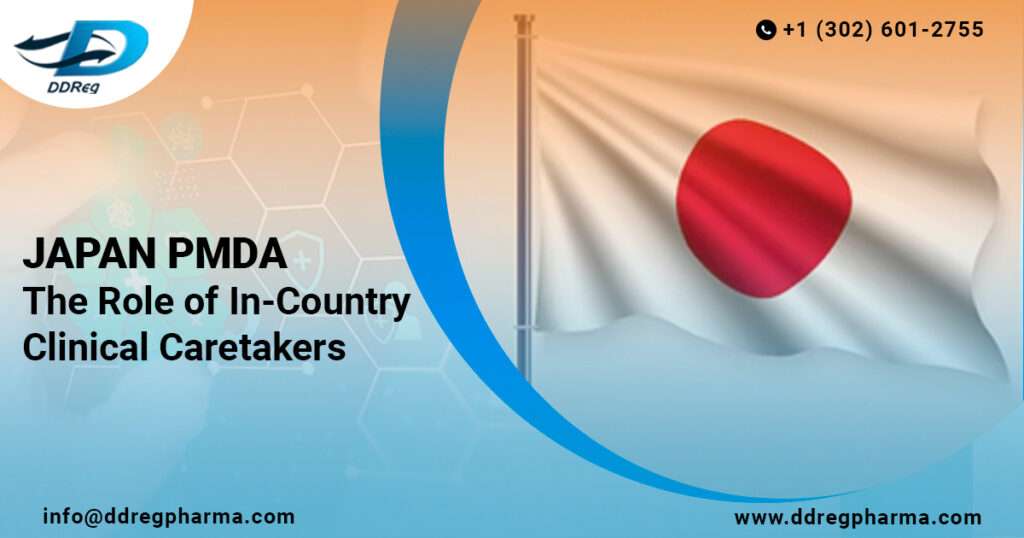Japan has a robust regulatory framework for pharmaceuticals and medical devices, which includes specific requirements for In-Country Clinical Caretakers (ICCC). Foreign manufacturers that wish to penetrate the Japanese market must appoint an ICC, who resides in Japan, to sponsor the clinical trials on their behalf. Thus, they play a crucial part in ensuring that foreign companies can successfully conduct clinical trials and meet regulatory requirements of the PMDA to obtain market approval for their products.This blog will delve into the responsibilities of an ICCC and the opportunities within the Japan clinical trials market.
What is an In-Country Clinical Caretaker?
An In-Country Clinical Caretaker, or ICCC in Japan, is a mandatory representative for foreign manufacturers conducting clinical trials in the country, as stipulated by Japan’s Pharmaceuticals and Medical Devices Act. The appointed ICCC must reside in Japan and acts as the official liaison between the foreign sponsor and the Pharmaceuticals and Medical Devices Agency (PMDA). The primary function of the ICCC is to ensure that every PMDA clinical trial is conducted in strict compliance with Japanese regulations to ultimately achieve market approval.
Key Responsibilities of a Japan ICCC
The responsibilities of a Japan ICCC are detailed in the Japanese Good Clinical Practices (GCP) Regulation. These duties are comprehensive and critical for the success of the clinical trial. Key responsibilities include:
- Clinical Trial Notification (CTN) Submission: The ICCC is responsible for preparing and submitting the CTN, which includes the trial protocol and the Investigator’s Brochure, to the PMDA in Japanese.
- PMDA Consultations: The ICCC actively participates in consultations with the PMDA to secure approval for the study. This involves discussions on various aspects of the trial, such as indications for use, sample size, and statistical analysis methods.
- Clinical Trial Management: In collaboration with a Contract Research Organization (CRO), the ICCC manages various facets of the clinical trial. This includes conducting annual reviews of the Investigator’s Brochure, ensuring device accountability, and the timely reporting of any Serious Adverse Events (SAE) to the PMDA.
- GCP Compliance: Ultimately, the ICCC ensures that all clinical trials are conducted in accordance with Japan’s GCP Regulation, maintaining the highest standards of quality and regulatory adherence.
Navigating the Japan Clinical Trials Market
Japan’s pharmaceutical market is a global powerhouse, ranking as the third-largest in the world. In 2024, it was valued at USD 82.27 billion and is projected to expand to USD 101.90 billion by 2033. This significant growth presents lucrative opportunities for international companies. However, the unique regulatory challenges of the Japan clinical trials market necessitate a thorough understanding of the roles and responsibilities of ICCCs for successful market entry and compliance.
Conclusion
Japan’s regulatory framework for pharmaceuticals and medical devices reflects its commitment to maintaining high standards and safety in the healthcare industry while ensuring foreign companies can navigate its market effectively. Careful consideration of the roles and responsibilities of ICCs is essential for successful market entry and compliance with Japanese regulations.
How DDReg Can Help
DDReg has provided its customers with end-to-end regulatory affairs services to support successful market access and post approval life cycle management for their products, with Japan PMDA. Read our previous blog on the Regulatory Framework for Cosmetics in South Korea.

